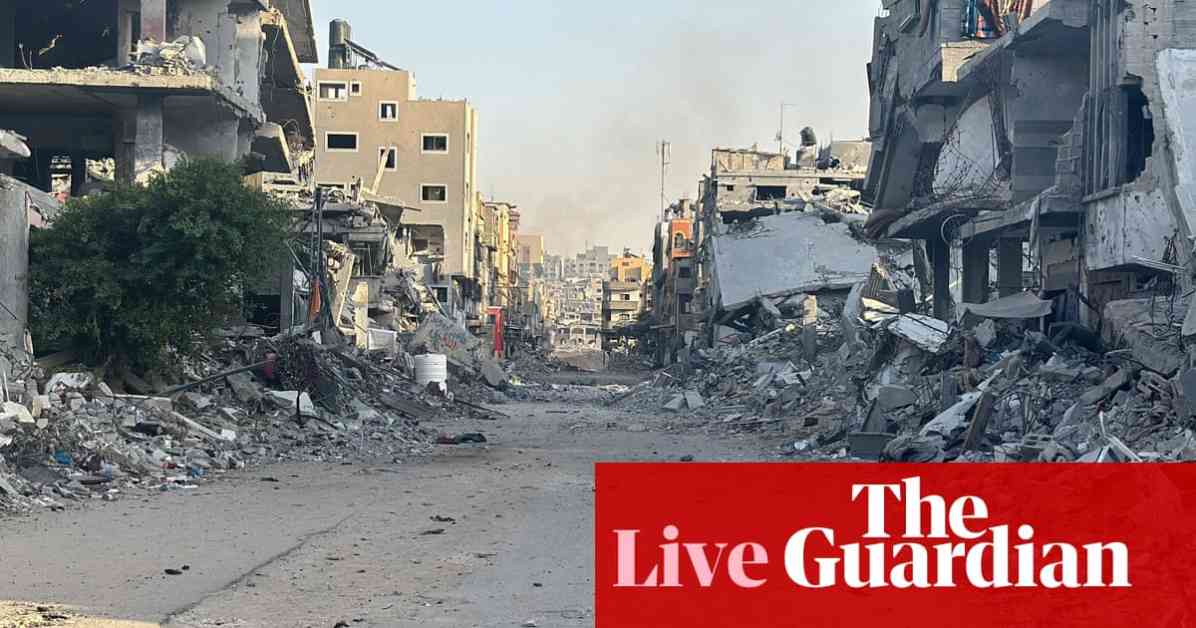Iran’s supreme leader, Ayatollah Ali Khamenei, is set to address the ongoing crisis in the Middle East following Israeli airstrikes on Iran. The situation escalated after Israel conducted attacks on military sites in Iran, resulting in the death of four soldiers. Khamenei’s response emphasized the need to neither downplay nor exaggerate the impact of the attacks, stating that Israel’s actions were “malignant” and calling for a disruption of their calculations.
Meanwhile, the conflict has also spilled over into Gaza, where Israeli airstrikes have led to the deaths of at least 40 Palestinians and injuries to 80 others. The attacks targeted residential areas in northern Gaza, causing significant casualties and destruction. The international community has expressed concern over the escalating violence, with calls for an immediate halt to the devastating assault on Gaza.
In response to the Israeli airstrikes, Iran has vowed to defend itself and prioritize efforts to end the conflicts in Gaza and Lebanon. The situation remains tense, with both sides assessing their next steps carefully. While Israel has eased some safety restrictions in northern areas, the potential for further escalation looms large.
Additionally, reports of a drone attack in Karmiel, Israel, targeting a factory producing aviation components have raised further alarms. The drone was launched from Lebanese territory, highlighting the regional implications of the conflict.
As the situation continues to evolve, it is crucial for all parties involved to exercise restraint and seek peaceful resolutions to avoid further loss of life and escalating tensions. The international community must work together to de-escalate the crisis and prevent further violence in the region.












